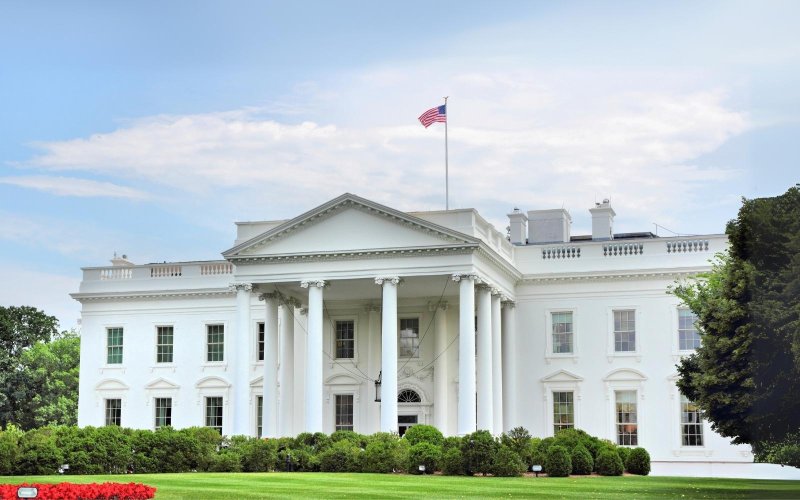
Diplomatic Success: Britain Negotiates Favourable US Trade Terms
A significant shift has occurred in the trading relationship between the United Kingdom and the United States. The Prime Minister has successfully negotiated a new trade arrangement with the US, delivering substantial advantages for British exporters, with particular benefits for the automotive and metals sectors. This agreement, coupled with an unexpected trade deal between the US and China, represents a fundamental transformation in global commerce that could create opportunities for your UK enterprise.
The Prime Minister emphasised that this arrangement reinforces the longstanding 'special relationship' between Britain and America, stating that 'the UK has no greater ally than the United States' and that this partnership 'remains a force for economic and national security' under President Trump's administration. This diplomatic foundation appears to have been crucial in obtaining these advantageous conditions for British exporters.
With these momentous changes to international trade patterns now in motion, it's essential to evaluate how these developments influence your operations, supply networks, and business planning to capitalise on emerging prospects and protect your commercial interests.
The New Trading Environment
Britain-America Trade Agreement: Core Advantages for UK Companies
The freshly negotiated UK-US trade arrangement delivers meaningful tariff reductions that could substantially improve the economics of American exports:
- Automotive industry: Tariffs on British vehicle exports reduced from 27.5% to 10% for the initial 100,000 vehicles (approximately matching last year's total UK exports). Components and parts will also enjoy lower rates. Exports exceeding this allocation will continue to attract the 27.5% tariff.
- Steel and aluminium sectors: The previous 25% tariff has been completely eliminated, falling to zero. This benefit extends to goods manufactured using steel and aluminium, including industrial machinery and equipment.
- Additional products: The 10% standard "reciprocal" tariff continues to apply for all other categories of goods.
- British concessions: In exchange, Britain has expanded the quota for American beef imports from 1,000 to 13,000 metric tonnes and eliminated duties on US-manufactured ethanol.
US-China Commercial Breakthrough
In a parallel development, America and China have reached an unexpected 90-day arrangement that substantially lowers mutual tariffs:
- US duties on Chinese imports decreased from 145% to 30%
- Chinese levies on US imports reduced from 125% to 10%
This temporary cooling of tensions has already positively influenced global markets, with Asian exchanges showing notable improvements and futures markets responding encouragingly.
Implications for Your British Business
If your business operates within global supply networks, these developments generate both immediate possibilities and strategic considerations:
- Direct exporters to America can now benefit from considerably lower tariffs in key industries
- Supply chains incorporating American, British, and Chinese elements may experience reduced costs
- The time-limited nature of the US-China arrangement (90 days) introduces a new timeframe for strategic planning
- The competitive landscape may transform as various businesses adapt to these fresh trading conditions
These shifts could impact your business in several ways – from generating new export prospects to reconfiguring your supply chain expenses and competitive standing.
Our partners at DJH recently outlined five practical measures you could implement to safeguard your profitability from tariffs: assessing your exposure through supply chain reviews, examining your contracts for pricing flexibility, investigating restructuring options to minimise tariff impacts, tracking ongoing policy developments, and obtaining specialist guidance for your particular circumstances. You can read their full insights here.
If you're uncertain about your specific exposure or which approaches would be most effective for your situation, our dedicated Indirect Tax Team stands ready to provide the customised advice you require. We'll assist you in navigating these complex changes and developing practical solutions that safeguard your business interests. Get in touch with one of the team here.
